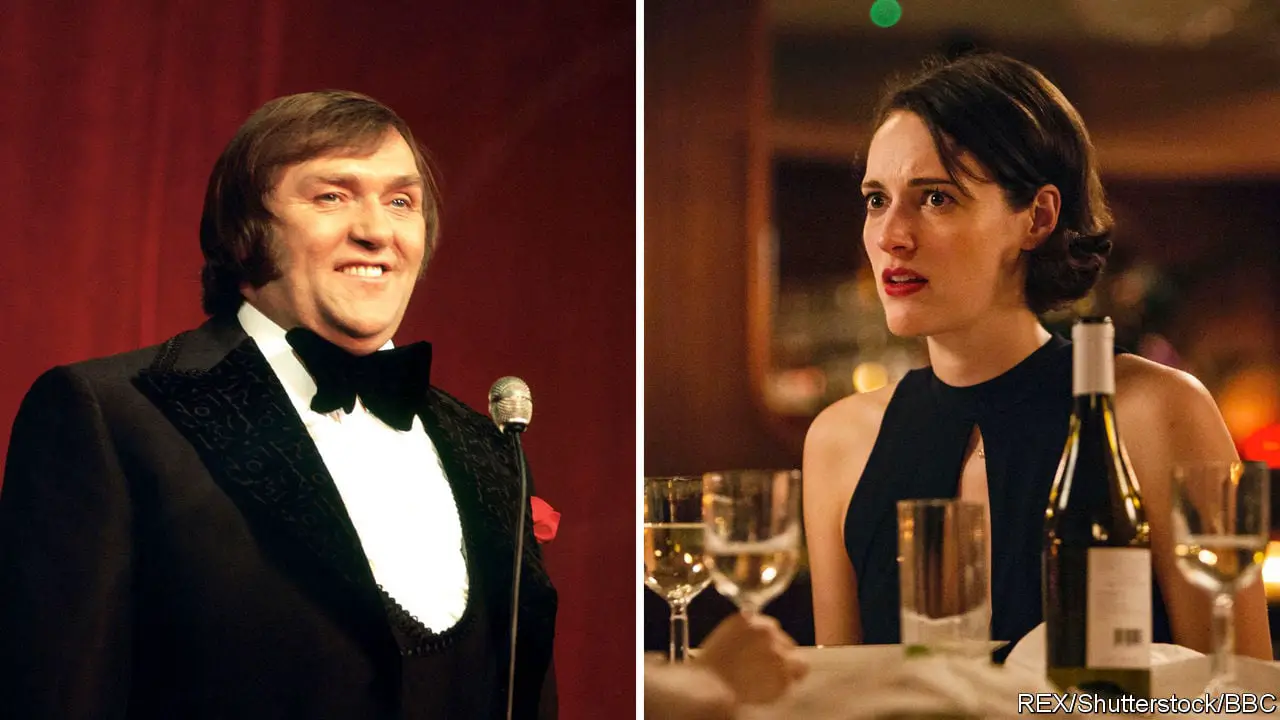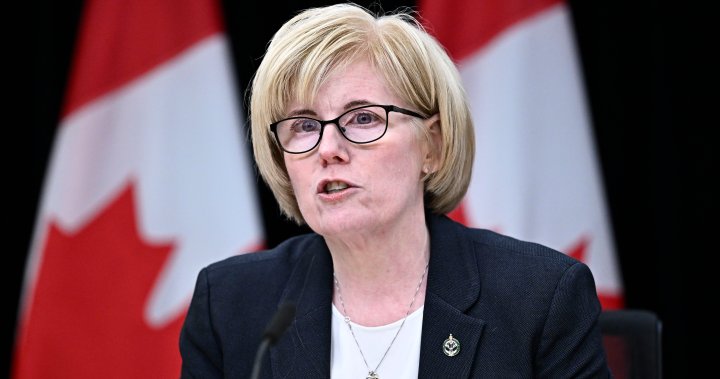
I FINALLY GOT round to watching a few episodes of “Fleabag” to see what all the fuss is about. A few good scenes, I thought, and a magnificently disgusting character with a beard, but apart from that underwhelming. The breaking of conventions (addressing the camera, graphic sexual references, sleeping with a priest) was tediously conventional; the sentimentality, particularly about a pet hamster, was cloying….“Fleabag” and the “Fleabag”-related hype is nevertheless interesting for sociological reasons: it demonstrates the annexation of yet another area of British life by the self-worshipping upper-middle classes.
Comedy used to be a pretty working-class affair. In the Victorian and Edwardian era the upper-classes (including Edward VII) went to music halls to listen to working-class songs and jokes. Many of the giants of post-war comedy such as Eric Morecambe and Les Dawson (pictured, left) came from the northern working class, their talents honed in working-men’s clubs and local talent contests. The “Carry On” films traded in seaside-postcard smut while taking pot-shots at the pretensions of the British professional classes (“Carry On Doctor” is a masterpiece of doctor-deflation).
“Fleabag” is to comedy what “Coldplay” is to music: a demonstration that yet another working-class redoubt has been thoroughly conquered by the professional classes. Fleabag’s parents live in a giant house with a garden-party sized garden. Her sister is a high-flying executive. Though she’s a bit of a drop-out, she’s a drop-out in the way that only very privileged people can be: she runs a (tediously wacky) café and turns up to work when she wants to. This is as it should be. People should write about what they know and Phoebe Waller-Bridge (pictured, right), the writer of the series, is a descendant of baronets and a product of Saint Augustine Priory, a posh Catholic school. But it is yet another example of British social closure as a tiny elite takes over ever more areas of British life and then congratulates itself on how magnificently rule-breaking they are.
A popular explanation for this great social closure is that the fix-is-in: a tiny clique of hyper-connected metropolitan liberals have seized control of the machinery of cultural production and then throw a few baubles to selected minorities in order to persuade everybody (including themselves) that Britain is still an opportunity society. But I worry that the explanation may be darker: as the working class contracts and loses its cultural self-confidence, so working class institutions such as working men’s clubs are dying. The modern equivalents of Les Dawson or the Carry On Team don’t have anywhere to learn their craft while the Phoebe Waller-Bridges of this world drift from independent schools to the Royal Academy of Dramatic Art convinced that they’re overturning social conventions and setting the world to rights.
***
PEOPLE ARE finally beginning to take seriously the possibility of a government led by Jeremy Corbyn, the Labour Party leader. Mr Corbyn’s impressive performance in the last general election, in 2017, was largely written off as a protest vote: chunks of Remainer England voted for Mr Corbyn precisely because they thought that he had no hope of actually winning. Now with the Conservative Party determined to destroy itself, and Brexit-related turmoil mounting, people are getting seriously worried.
Businesses are calculating exactly what a far-left government would mean and preparing to act accordingly. Foreign powers are beginning to think seriously about what they would do if Britain were run by a man whose basic foreign policy principle is “whatever America is for I’m against”. The Israelis are terrified about the prospects of a British prime minister who has supported Hamas, a militant Islamist group in Palestine, and indulged anti-Semites in his party’s ranks. I suspect that fear of a Corbyn-led government will soon become a major force in British politics—and not just a vague theoretical fear but a real and vivid fear. People will move. Money will flee. Foreign powers will prepare for the worst.
***
THE BRITISH political system is almost perfectly designed to make a hash of withdrawing from the European Union (EU). The system is an adversarial one: the governing party faces the opposition across a yawning divide and politicians bellow at each other. But leaving the EU demands a series of complicated compromises in the middle. The system is also designed to address a problem and move on to something else: each side states its position, parliament divides, and then you move on. But leaving the EU demands persistence above all: you have to keep worrying away at the same problem for week after week. It’s rather like using a hammer to chop down a tree. This structural problem is only going to get worse when (and if) parliament moves from the withdrawal agreement to the more laborious business of shaping our future trading relationship with the EU.
Kenneth Clarke, who succeeds amazingly well in combining his twin roles as Tory grandee and regular bloke, recently gave a long interview to the Guardian in which he said that he repairs to the Kennington Tandoori every Tuesday evening on his own to enjoy a curry and read a copy of The Economist. A colleague of mine found himself having dinner in that very Tandoori last Tuesday. Sure enough Mr Clarke was sitting there, on his own in a window seat, solidly working his way through his copy of The Economist. When he left his place was taken by Ann Widdecombe, a former colleague of Mr Clarke’s who has just quit the Tories to join Nigel Farage’s Brexit Party. My colleague can’t be completely sure but he doesn’t think Ms Widdecombe was reading The Economist.
Picture credits: REX/Shutterstock/BBC







